
Whether it is humorous associations with common terminology, oddities on X-rays or decidedly uncomfortable imaging findings, this author shares a few chuckles from his experience.

Whether it is humorous associations with common terminology, oddities on X-rays or decidedly uncomfortable imaging findings, this author shares a few chuckles from his experience.

In a recent video interview, interventional radiologist Lindsay Machan, MD, discussed his longtime work with selective salpingography and fallopian tube recanalization to assist women with infertility issues, and key findings from a new study that he recently presented at the Society of Interventional Radiology (SIR) conference.
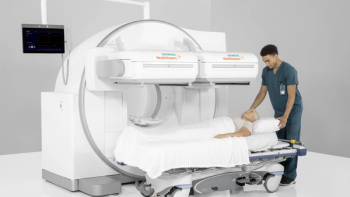
The newly FDA-cleared Symbia Pro.specta SPECT/CT Scanner, which reportedly offers a variety of enhanced capabilities including low-dose CT up to 64 slices and intuitive workflow guides, was launched at the Society of Nuclear Medicine and Molecular Imaging (SNMMI) 2022 Annual Meeting.

In what may be the first study to examine clinical and polysomnographic aspects of obstructive sleep apnea (OSA) and coronary microvascular disease (CMD), researchers said the frequency of OSA may be a significant factor in the development of heart disease and related complications.

Catch up on the top radiology content of the past week.
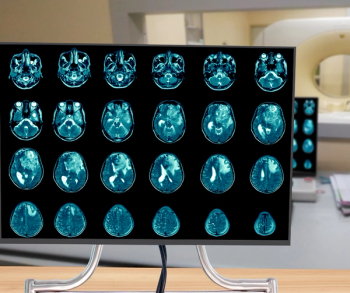
The deep learning model may offer enhanced sensitivity and specificity on MRI for patients with glioblastoma, according to preliminary research presented at the Society for Imaging Informatics in Medicine (SIIM) conference.

The new workload management system reportedly emphasizes predictive analytics to facilitate efficient workload distribution and increase reading capacity for radiologists.
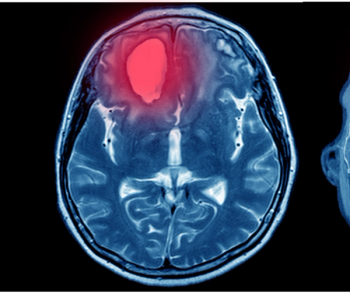
A 3D whole brain convolutional neural network could provide enhanced sensitivity and specificity for diagnosing intracranial hemorrhages on computed tomography, according to new research presented at the Society for Imaging Informatics in Medicine (SIIM) conference in Kissimmee, Fla.
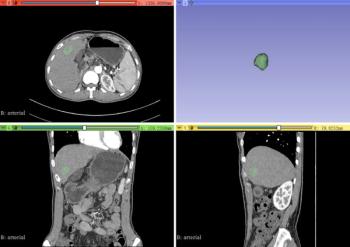
A new study showed that the computed tomography radiomics nomogram model had 21.7 percent higher accuracy, 16.7 percent higher sensitivity and 23.5 higher specificity in comparison to a clinical model in a validation cohort.
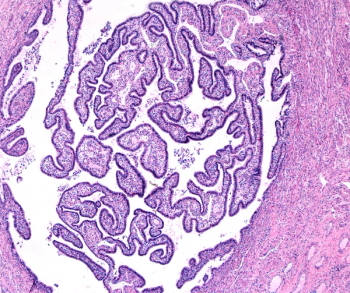
Selective salpingography may provide enhanced assessment of fallopian tubes and fallopian tube recanalization could be a viable alternative to facilitate natural conception, according to new research from the Department of Radiology at the University of British Columbia.

In a newly published statement, the American College of Radiology cited questionable literature support for the recent FDA guidance and noted potential consequences ranging from diagnosis delays due to parental anxiety about contrast-enhanced computed tomography (CECT) and increased health care costs.
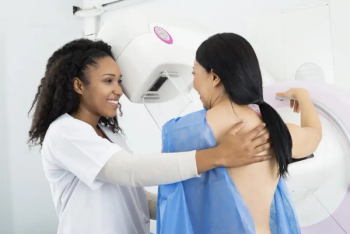
A new survey study from the American Cancer Society shows a 4.47 million decrease in cervical cancer screenings and a 2.13 million decrease in breast cancer screenings in the United States between 2018 and 2020.

Do we settle for oblique truths more often than not to mitigate potential repercussions?

Catch up on the top radiology content of the past week.

In a recent video interview on the current iodinated contrast media shortage, neuroradiologist Sean Bryant, MD discussed imaging alternatives, emphasized communication with referring physicians on optimal studies, and discussed the ongoing need to prevent “protocol creep” with timely updates of imaging protocols.

The resumed production of GE Healthcare’s Omnipaque products is a welcome development for radiologists scrambling to come up with alternative dosing and imaging options in the past month during the temporary shortage of iodinated contrast media.
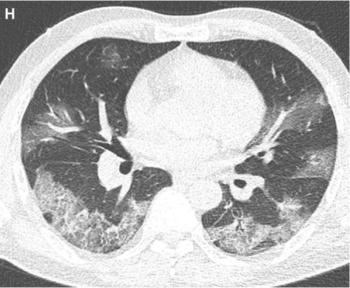
Patients who had breakthrough COVID-19 infections and full vaccination with the BNT162b2 vaccine (Pfizer/BioNTech) were 36 percent less likely to develop related pneumonia than unvaccinated patients with COVID-19 infections.

What is your diagnosis?
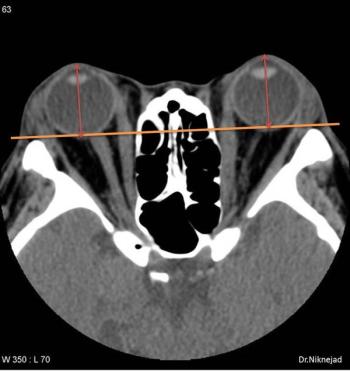
In an ongoing quest to reduce the impact of the temporary iodinated contrast media (ICM) shortage, a group of researchers recently examined Medicare claims data to identify high-frequency usage patterns of contrast-enhanced computed tomography (CECT) services.

Amid a bevy of questionable referrals for X-rays and computed tomography (CT) scans, an unwavering due diligence prevents skepticism from giving way to cynicism and a possible missed diagnosis.

In addition to individual measures for reducing burnout risk, there are steps leaders in radiology can take to make burnout prevention a driving force in various aspects of their practice,
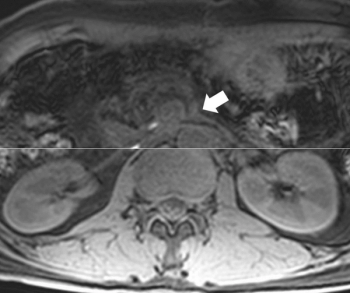
For post-op monitoring of patients who had pancreatic ductal adenocarcinoma (PDAC) resection, a new study showed that diffusion-weighted magnetic resonance imaging (MRI) had enhanced sensitivity for detecting recurrent tumors in comparison to conventional MRI.

Catch up on the top radiology content of the past week.

As imaging volume continues to escalate for radiologists, more and more health-care facilities are turning to mobile imaging for increased efficiencies and benefits for patient care.
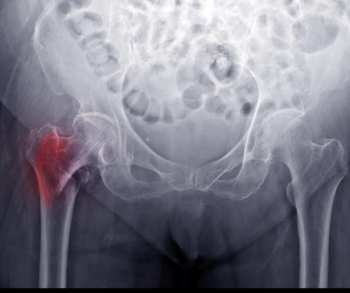
Deep radiomics models that included deep learning features had a 40 percent or greater increase in the specificity rate for diagnosing osteoporosis on hip radiographs in comparison to models that only emphasized clinical and/or textural features.
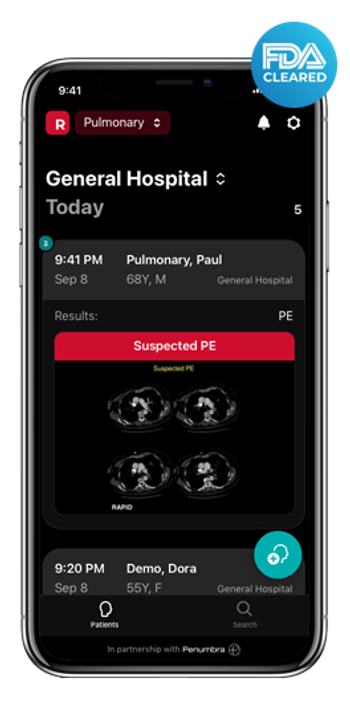
The new artificial intelligence-powered software reportedly helps detect central pulmonary embolism (PE) on computed tomography pulmonary angiogram (CTPA) images and streamlines communication among interventional teams to bolster treatment outcomes.

In a study of over 11,500 patients who had BI-RADS 4 breast lesions with no prior history of breast cancer, researchers found no statistically significant differences between digital mammography and digital breast tomosynthesis in cancer detection rates or biopsy-derived positive predictive value.
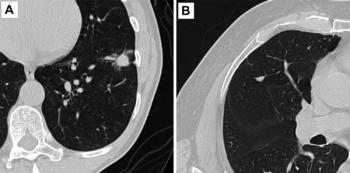
A new study revealed that an emerging artificial intelligence (AI)-enabled software tool led to improved sensitivity, specificity and inter-observer agreement for the diagnosis of indeterminate pulmonary nodules on chest computed tomography (CT) scans.
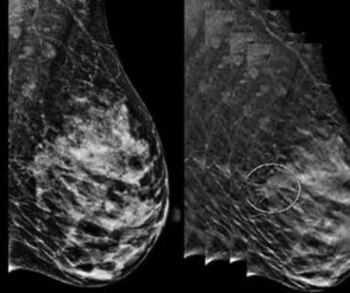
A closer look at the literature suggests the combination of digital breast tomosynthesis (DBT) and two-dimensional (2D) digital mammography (DM) has relatively equivalent cancer detection rates as using DM alone, according to a recent presentation at the Society of Breast Imaging (SBI)/American College of Radiology (ACR) conference.

Amid a glut of unnecessary imaging requests, common worklist frustrations and perceptions from other clinicians that they can interpret medical images just as well, recognizing your role as a humble difference maker may provide the ultimate RVU for patients.